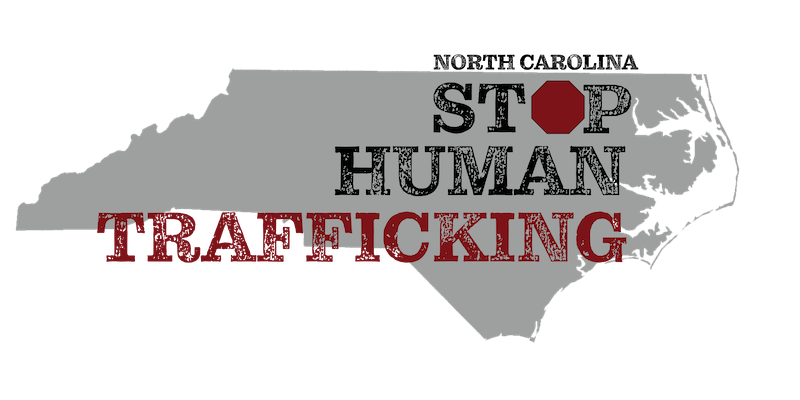A common question that comes up during our community education sessions, after we say that forcible kidnap by a stranger is not the typical start of human trafficking experience, is why don’t they just leave, then?
The answer to that question is as complicated as the issue of human trafficking itself. It is important to note that not all human trafficking experiences are the same, but these are the common threads.
It’s Not Safe to Leave
Sometimes, victims cannot leave because they believe it is not safe. They fear for themselves or their loved ones. Sometimes, for survivors, the safest recourse is to stay until they feel safe enough to leave. That could take years, and if a survivor is anticipating leaving without an advocate’s assistance, it could take much longer.
Financial Instability
Survivors have not had the opportunity to keep any of their money. The nature of exploitation points to the abusers taking everything the survivor earns. This clearly leads to financial instability. Abusers strategically make the survivor dependent on them for housing, food, clothing, transportation, and other necessities. A part of that strategy is taking the survivor’s documentation. If a person doesn’t have their state issued ID, birth certificate, and social security card, they can’t get housing, a legitimate job, or even qualify for public assistance. So, what happens if they leave? They become homeless and more vulnerable to exploitation. If a survivor wants to leave the situation, they need crisis support, housing support, job skills training, clothing, and medical support. That’s a lot for one person to navigate if they don’t have help from an outside party.
Bonds that Confine
One aspect of human trafficking is the bond the abuser nurtures with the survivor. We must remember that many trafficking experiences are started through grooming, or rather the trafficker selling a dream of love. If the trafficker is a romantic partner, it’s selling the dream of romantic love to the survivor. If the trafficker is a caregiver, it’s selling the dream of parental love and acceptance to the person in which they are supposed to nurture. It is human nature to desire love and acceptance, especially when we have already experienced it, which is what happens in the grooming process. This emotional connection that survivors have with the abuser is one of the most compelling forms of manipulation and it makes them believe they can’t leave or that they are choosing to do this for the love of the abuser.
To be clear, this isn’t an exhaustive list. Exploiters have an infinite list of strategies they implement to imprison their victims. Locks and bars aren’t necessary – emotional ties are much stronger.
– Melinda Sampson is the Chief Operating Officer of NC Stop Human Trafficking. She can be reached at melinda@encstophumantrafficking.org

